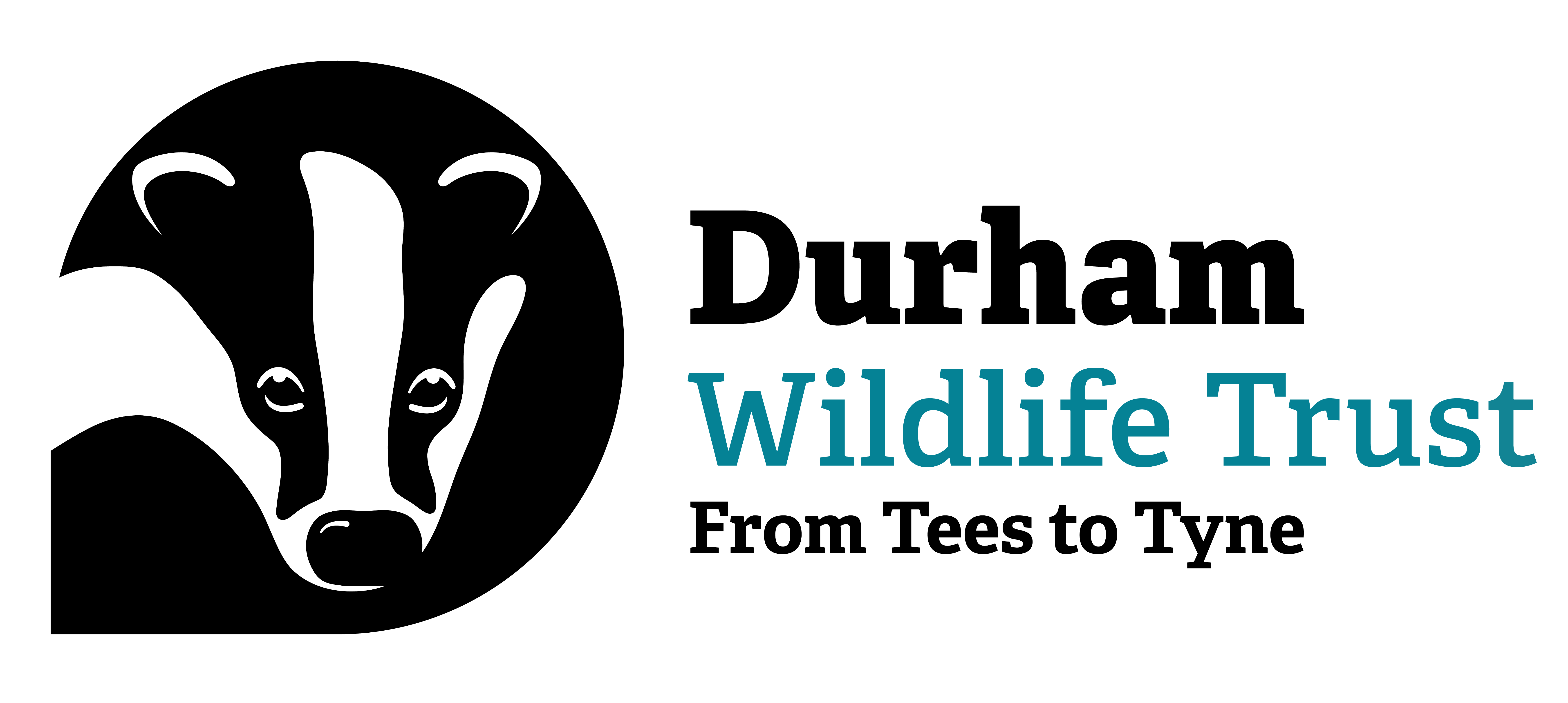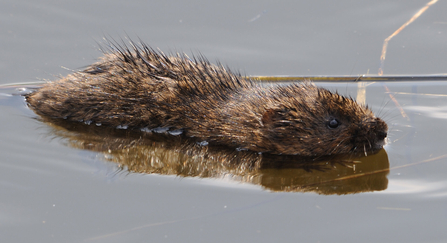Some of my earliest memories are of family walks in the New Forest; watching dragonflies zipping over small ponds; almost stepping on a grass snake basking on the path and desperately trying to spot deer my dad had seen in this distance, often without success. I now realise how fortunate I was to have had these encounters in my formative years, fuelling my love of nature and my eventual understanding of the need to conserve it.
After studying Wildlife Management at Sparsholt College, I volunteered for Hampshire Wildlife Trust and Berks, Bucks and Oxon Wildlife Trust, spending 18 months with the latter working as a Conservation Trainee and Seasonal Warden. Undoubtedly one of the best experiences of my life, not least because it is where I met my Geordie wife who would introduce me to this beautiful part of the country. More recently I have worked for Northumberland Wildlife Trust as a Red Squirrels Northern England, Ranger. It has been a pleasure to have spent the past few years looking after one of Britain’s most threatened mammals, the red squirrel. 2020 was a year with very few positives but one for me was a noticeable increase in the number of red squirrels in the areas where I had been working. To encounter red squirrel in a woodland where they have not been for several years, is one of the most rewarding sights! Leaving this role was not an easy decision, however the chance to be a part of Naturally Native, conserving another of Britain’s most threatened mammals: the water vole, was an opportunity not to be missed.


